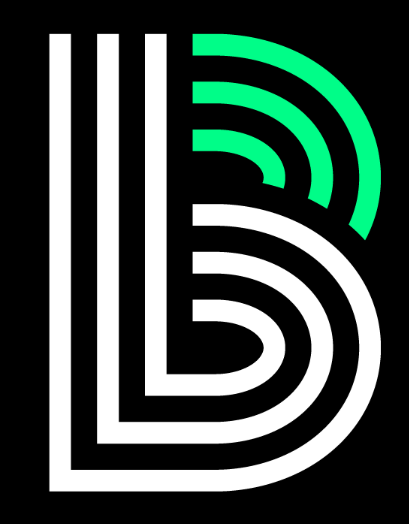Big Brothers Big Sisters

Big Brothers Big Sisters
If you contact or use this resource, please come back and tell us about your experience.

Sorry, no records were found. Please adjust your search criteria and try again.
Sorry, unable to load Google Maps API.


None
Studies show that children who have role models are more likely to improve in school and in their relationships with family and friends, and less likely to skip school or use illegal drugs or alcohol. Students who are successful in school are less likely to drop out, abuse drugs, or commit crimes.
It starts with the right role models, and Big Brothers Big Sisters is the place to start a relationship with one. For over 100 years, due in large part to private donations, we’ve been able to recruit, screen, match and support mentoring relationships that have changed the lives of hundreds of thousands of young people across the country — one Little at a time.
When it comes to the future of our children and the well-being of our communities, we’re all in this together. So, it should come as no surprise that we need the parents and guardians of Littles to be involved every step of the way, starting with the initial match.
Not only will you provide information about your child’s strengths and needs, but you’ll also approve the selection of the Big Brother or Big Sister. Once the match is made, you remain closely involved in many ways, including:
• Approving activities and outings for your child and their Big
• Asking your child questions about those outings, and sharing what you learn with the agency staff
• Reporting your child’s progress and milestones to the agency on a regular basis (Big Brothers Big Sisters will contact you, but we welcome your feedback any time)
• Participating in training on child safety offered by Big Brothers Big Sisters staff and communicating with your child about the training he or she receives.
Spend 4-6 hours per month doing things you already like to do and make a lasting impact.
The Community-Based program is highly flexible and allows for endless possibilities for mentors to connect with their mentees. Matches get to know each other by having fun doing activities out in the community. One-to-one outings are often low cost or no cost activities, like:
• Taking a walk in the park
• Going to museum
• Attending a BBBS monthly event
• Listening to music
• Hanging out and talking
Some mentors meet their mentees on the weekends. Others get together with their Littles on weekday afternoons or evenings. Each match is unique and develops a schedule that works for them.
It may sound obvious, but sometimes the best place to help a child realize their potential is at school. Kids enjoy having their Bigs meet with them once per week. And parents know what a positive impact it makes.
Mentoring younger students is a great way for high school students to learn about the importance of giving back to others and learn valuable coaching skills.
The High School Bigs program engages high school students as peer mentors for elementary and middle school youth. High school mentors commit to spending 1 hour a week at the elementary school site with their mentee for a minimum of one school year (although most matches last longer). High school students will gain a special friend and have fun with their Little by playing games, going on the playground, completing teacher-directed activities, and hanging out as a way to increase the mentee’s self confidence and help them with preteen issues. It’s really all about the Big and Little sharing who they are and building a consistent friendship.
When a high school student and a mentee are matched, they are not left on their own. Our staff works with the high school student to help them develop the coaching skills to help their mentee with school and peer relationships. Our staff also works with the mentee’s teachers and parents to make sure that the pair is working toward goals that are beneficial for the child.
REQUIREMENTS FOR HIGH SCHOOL VOLUNTEERS